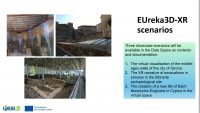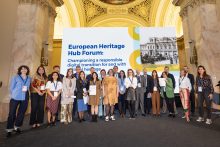A “fourth industrial revolution” is going to transform the way we use languages in the media, according to the organisers of a leading European conference of experts.
Rebecca Stromeyer, Chief Executive of ICWE GmbH, the Berlin-based company, which is organising ‘Languages and the Media’, set to take place in the German capital in October, says that new technologies are already having “a huge impact” on the way consumers use languages in audiovisual media.
“The fourth industrial revolution is a new age in which the physical, digital and biological industries are becoming ever more closely linked by new technologies. It is going to have a huge impact on almost every industry and economy but the audiovisual media industry will be particularly affected. The revolution, in which we are all about to be swept up, will transform the way we produce and access media.“

“It will change how we can use languages, opening up new means of communication and comprehension. It will mean that audiovisual media can be both globalised and deeply personalised too. The change that is coming is going to be really empowering. It will result in more choice and more accessibility. It will bring the rapid development of a whole range of new services for those with specific or special needs. It is not just about entertainment but about education too. This is a very exciting time for the audiovisual media industry and, at ‘Languages and the Media,’ we’ll be examining the scale of the change and the opportunities it will create.”
Ms Stromeyer said that the sheer variety of applicable new technologies has already begun to inspire innovative crowd responses to meet the needs of specific audiences and to exploit the potential for new forms of interaction.
“This is a huge issue,” she says. “Human and machine interplay within the audiovisual media industry will be a critical factor in the future. The possibilities are enormous. We’ll be looking at this subject, among many others, at ‘Languages and the Media’ and considering how exactly it is likely to affect work processes, training and research.”
‘Languages and the Media’, the twelfth international conference on language transfer in the audiovisual media, will take place in Berlin from the 3rd to the 5th October 2018. The conference and its accompanying exhibition will be attended by participants from all over the world, including broadcasters, language experts, technology players, investors, analysts and entrepreneurs. Subjects likely to be discussed at the event will include the future of work, new distribution models, language tools, interlingual transfer, quality standards, accessibility, crowd-sourcing and new media. A full list of subjects to be discussed is available on the conference website.
Keynote speakers at the conference will include David Padmore, the UK-based SVP of Content Services at TVT. With 25 years’ experience in the TV and media industries, he started out as a subtitler with the BBC before going on to lead Red Bee and Ericsson Access Service teams delivering subtitling, audio description and sign language translation for broadcasters in the UK, Germany, France, Spain, the Netherlands, USA, Canada and Australia. At ‘Languages and the Media’, he will set out the scope and scale of new opportunities for content localisation and accessibility.
For more information about ‘Languages and the Media’, please contact info@languages-media.com.
Website: www.languages-media.com
Languages & The Media
12th International Conference on Language Transfer in Audiovisual Media
3. – 5. Oktober 2017, Hotel Radisson Blu, Berlin
Registration fees:
Standard EUR 400 (early bird: EUR 370); supporting organisations EUR 350; students EUR 200
Organiser: ICWE GmbH, Leibnizstrasse 32, 10625 Berlin, Germany
Contact: Rebecca Stromeyer
Tel.: +49 (0)30 310 18 18-0
Email: info@languages-media.com



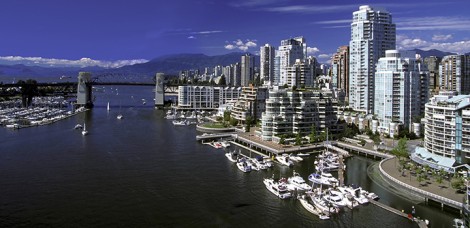
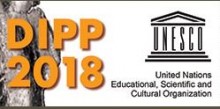
 The Institute of Mathematics and Informatics at Bulgarian Academy of Sciences has the pleasure to introduce the Eighth International Conference on Digital Presentation and Preservation of Cultural and Scientific Heritage-DiPP2018 which aims at presenting innovative results, research projects and applications in the field of digitisation, documentation, archiving, representation and preservation of global and national tangible and intangible cultural and scientific heritage.
The Institute of Mathematics and Informatics at Bulgarian Academy of Sciences has the pleasure to introduce the Eighth International Conference on Digital Presentation and Preservation of Cultural and Scientific Heritage-DiPP2018 which aims at presenting innovative results, research projects and applications in the field of digitisation, documentation, archiving, representation and preservation of global and national tangible and intangible cultural and scientific heritage.
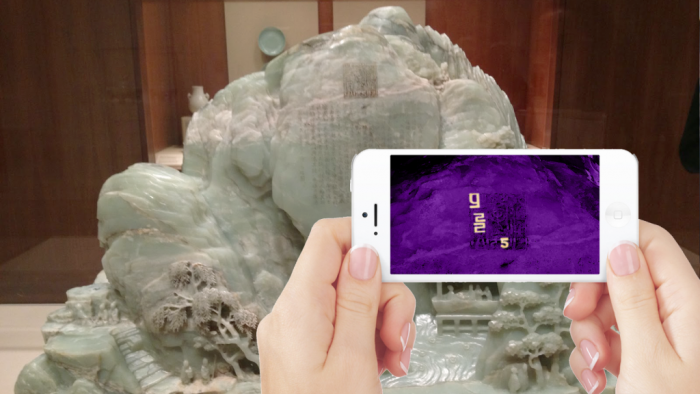

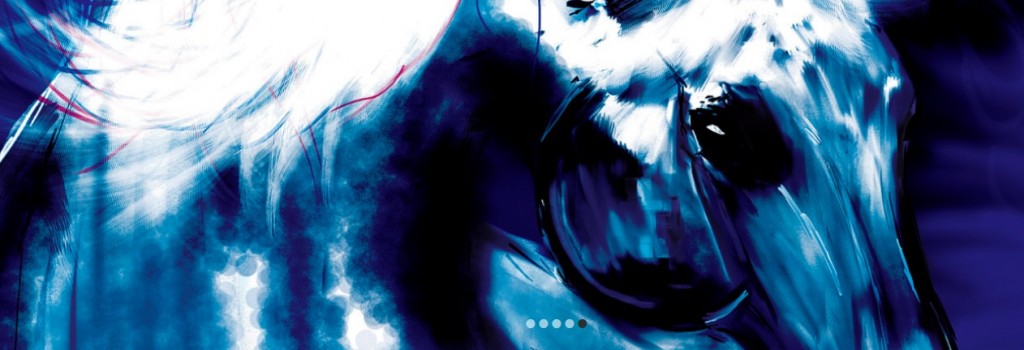
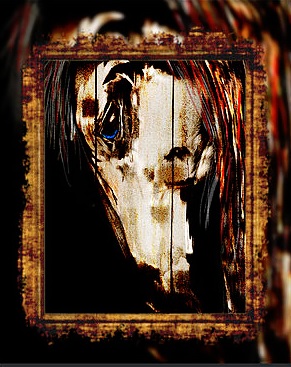 GG endeavours to depict the horse in a state of freedom, expressing the true nature and spirit of the horse. Being a horse lover and owner of a beautiful grey warmblood, she understands horses at a deep level, and understands their need for expression.
GG endeavours to depict the horse in a state of freedom, expressing the true nature and spirit of the horse. Being a horse lover and owner of a beautiful grey warmblood, she understands horses at a deep level, and understands their need for expression.




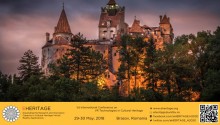
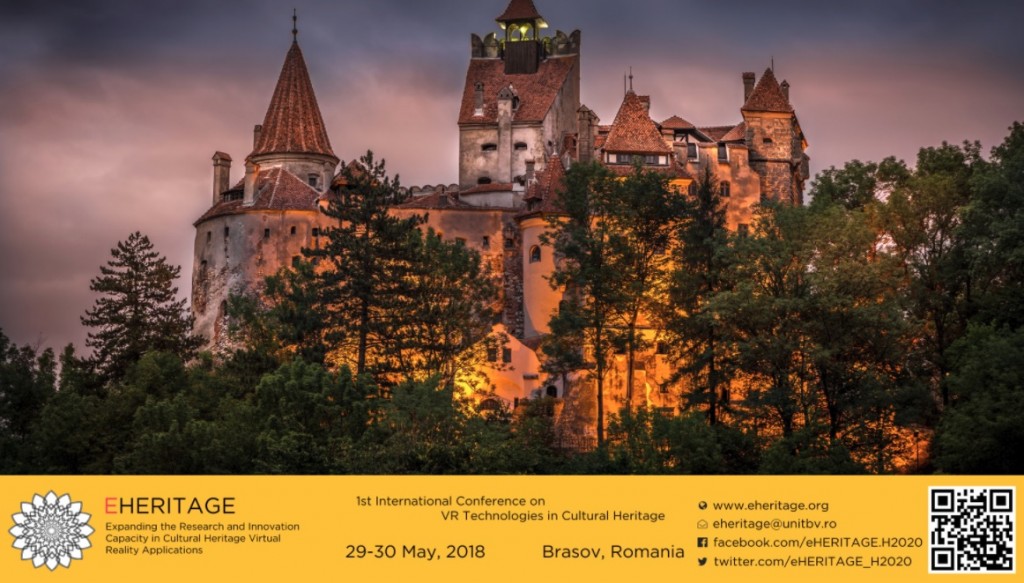
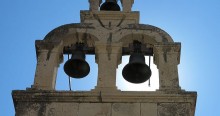
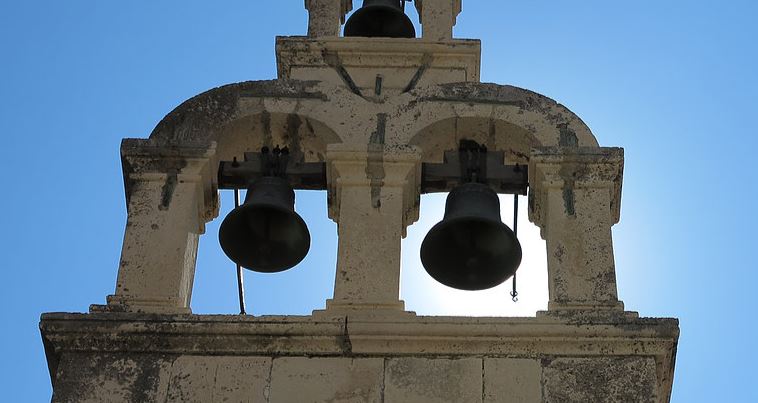




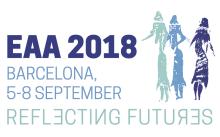
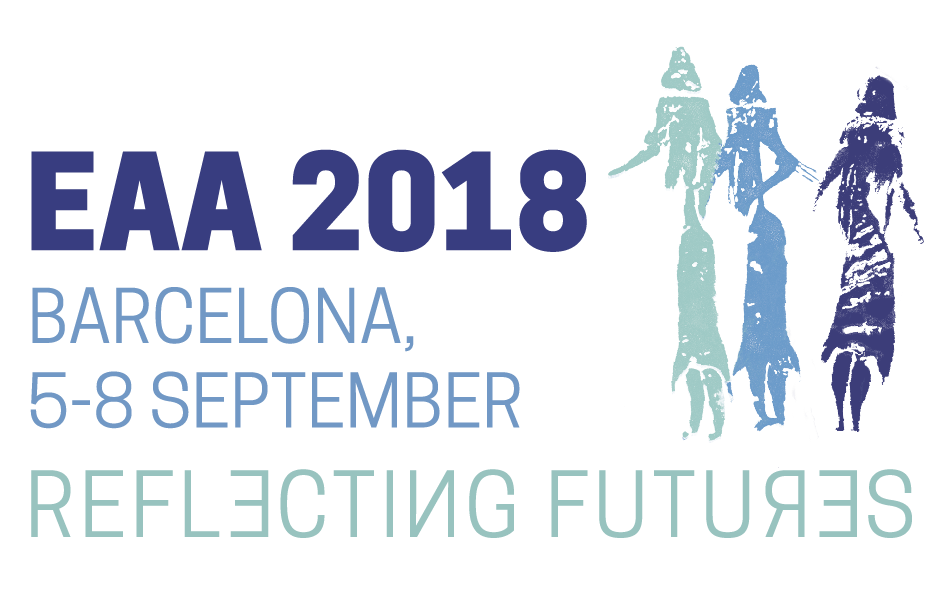
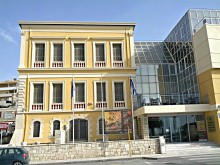
 As an essential aspect of documentation, Provenance of Knowledge refers to the attempt to trace the origins of the information and knowledge about an object, an entity or an idea in order to reconstruct the whole chain of creation, use, interpretation and dissemination of relevant information and knowledge. The ultimate purpose of this reconstruction is to confirm, illustrate, and validate the information and knowledge contained in the documentation in order to facilitate understanding across times and cultures. In this way, it contributes to scholarly citation in information handling while connecting all the material evidence kept in museums and other memory institutions.
As an essential aspect of documentation, Provenance of Knowledge refers to the attempt to trace the origins of the information and knowledge about an object, an entity or an idea in order to reconstruct the whole chain of creation, use, interpretation and dissemination of relevant information and knowledge. The ultimate purpose of this reconstruction is to confirm, illustrate, and validate the information and knowledge contained in the documentation in order to facilitate understanding across times and cultures. In this way, it contributes to scholarly citation in information handling while connecting all the material evidence kept in museums and other memory institutions. If you have interesting news and events to point out in the field of digital cultural heritage, we are waiting for your contribution.
If you have interesting news and events to point out in the field of digital cultural heritage, we are waiting for your contribution.





























